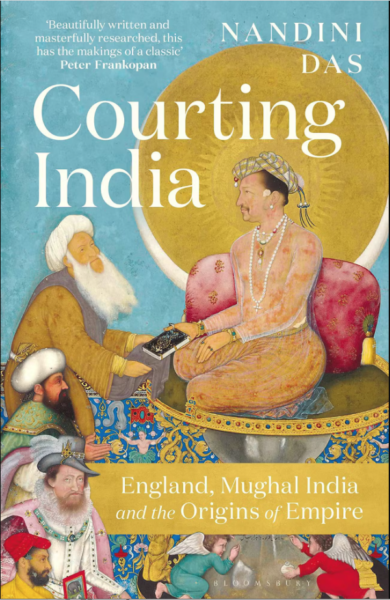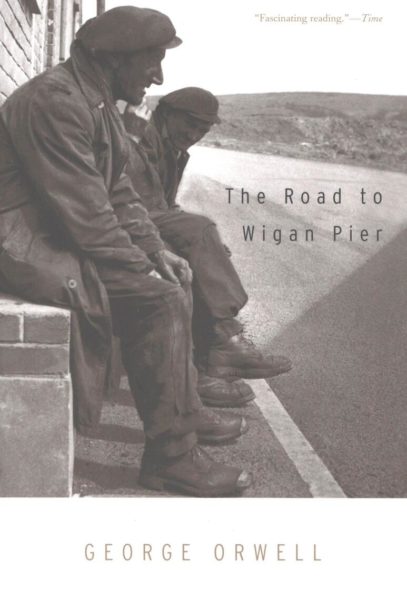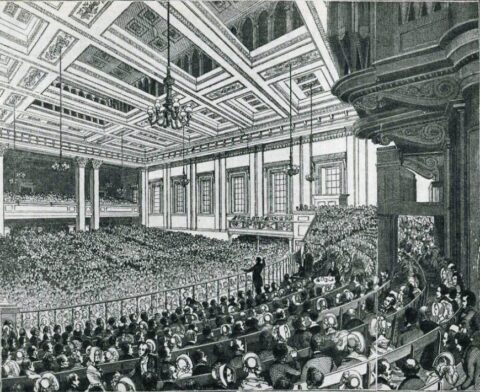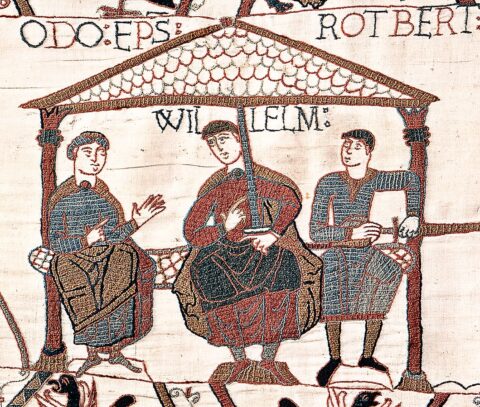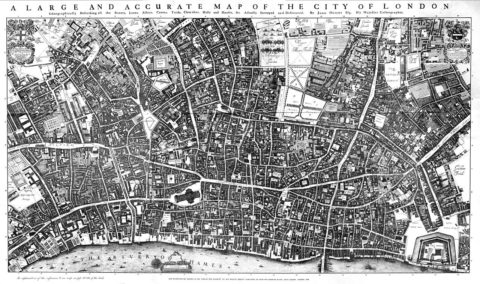In The Critic, C.C. Corn reviews Courting India: England, Mughal India and the Origins of Empire by Nandini Das, a look at the first, halting steps of the East India Company at the court of the Mughal Emperor Jahangir early in the seventeenth century:
The late Sir Christopher Meyer, the closest thing modern British diplomacy has produced to a public figure, enjoyed comparing his trade to prostitution. Both are ancient trades, and neither enjoys a wholly favourable reputation. Any modern diplomat will discreetly confirm that the profession is far from the anodyne, flag-emoji civility and coyly embarrassed glamour they project on Twitter.
Whilst none of our modern representatives are working in quite the same conditions as their predecessor Sir Thomas Roe, they may well find uncanny parallels with his unfortunate mission.
The fledgling and precarious East India Company, founded in 1600, had sent representatives to the Mughal court before, but they were mere merchants and messengers. The stern rebuff they received called for a formal representative of the King.
After the company persuaded James I of the necessity, Thomas Roe (a well-connected MP, friend to John Donne and Ben Jonson, and already an experienced traveller after an attempt to reach the legendary El Dorado) was dispatched to the court of Mughal Emperor Jahangir in 1615. He remained there until 1619, in an embassy that the cultural historian, Nandini Das, describes in Courting India as “infuriatingly unproductive”.
The company kept rigorous records, and Roe meticulously kept a daily diary. Professor Das uses these and the reports of other English travellers to narrate Roe’s journey, as well as contemporary literature and, more importantly, their Indian equivalents. It is not so much the diplomatic success that fascinates Das about Roe’s embassy, but the mindset of the early modern encounter between England and India.
In a boom time for histories of British colonialism, this is an intelligent and gripping book with a thoughtful awareness of human relationships and frailties, and a model approach to early modern cross-cultural encounters.
The privations suffered by Roe’s embassy are striking. Only three in ten people had a chance of coming home alive from the voyage to India. Das’s recreation of the journey out is as intense and claustrophobic as Das Boot, with rotten medicine, cruel maritime punishments and untrained boys acting as surgeons. Dead bodies onboard would have their toes gnawed off by rats within hours.
In India, the English sailors excelled themselves as uncouth Brits abroad: drinking, fighting and baiting local customs, such as killing a calf. A chaplain was notorious for “drunkenly dodging brothel-keepers and engaging in half-naked brawls”. For most of his time, Roe — seeking to keep costs down — lived with merchants and factors already in India, in a cramped, filthy, dangerous house.

